Technology has made our lives easier for sure and we can do everything online these days from shopping to our internet banking but it seems like this convenience comes at a cost.
So whilst everything is more convenient, you can't help but feel unsafe online. Almost every week you hear of a company being hacked, data being stolen and money being lost.
The main problem is that the internet was never designed to be secure when it was first designed. But there are things that have been invented to help fix some of the issues and I'm going to share some of them with you.
If you follow these 5 easy things, then you should stand a much greater chance of avoiding getting hacked online. But common sense must also prevail and if something looks too good to be true, then the chances are, it will be, especially on the internet.
Tip #1 – Use a VPN
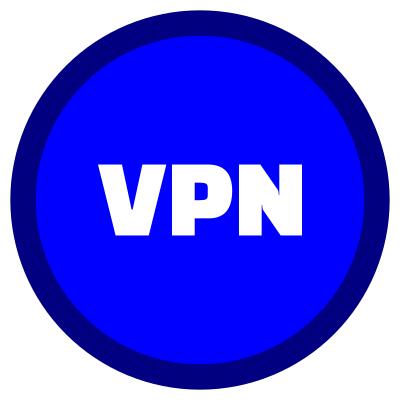
VPN stands for Virtual Private Network and these services let you route all your internet activity through a separate secure, private network which gives you the security of a private network even if you're on a public network such as the one at your local coffee shop.
Using a VPN also hides your IP address and helps to keep your information safe and secure.
Tip #2 – Never use a password more than once
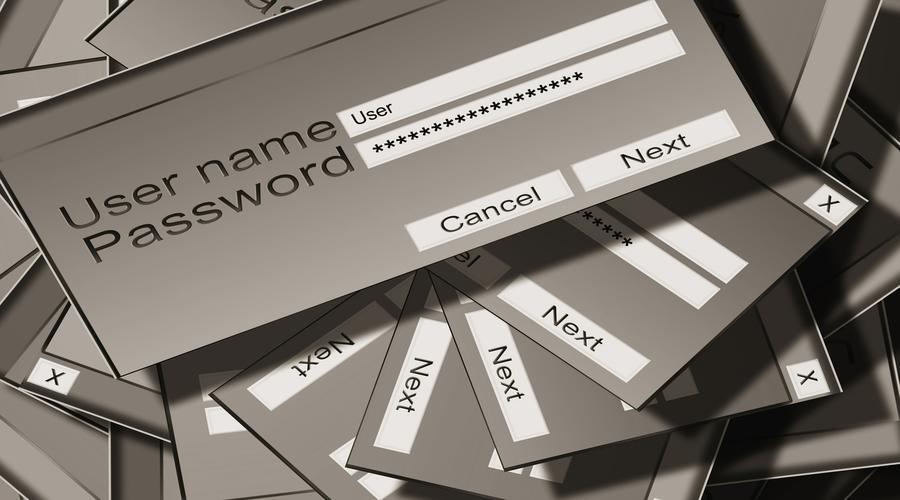
It's not easy to remember passwords but reusing passwords on multiple websites can put you a serious risk of being hacked multiple times. If a particular website gets hacked and the hackers obtain a list of passwords, then those same passwords could be used to gain access to your other online accounts.
So don't make it easy for the hackers, don't write passwords down, have a unique password for each of your online accounts and make them complicated enough that they are impossible to guess.
Consider using a password manager for this such as Lastpass which can generate unique passwords and store them all for you in one secure place so you don't have to remember them all.
Tip #3 – Always use two-step verification
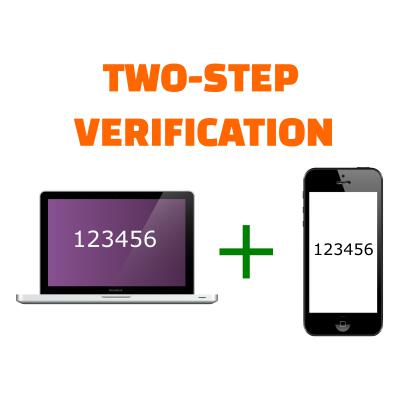
Pretty much every social media website, banking website and your google account have the option to turn on two-step verification. It doesn't take very long to setup generally but it does mean that if your online accounts ever get compromised then the hackers will have a hard time changing anything because they need the code that is sent to your mobile phone.
Tip #4 – Never link your social media accounts
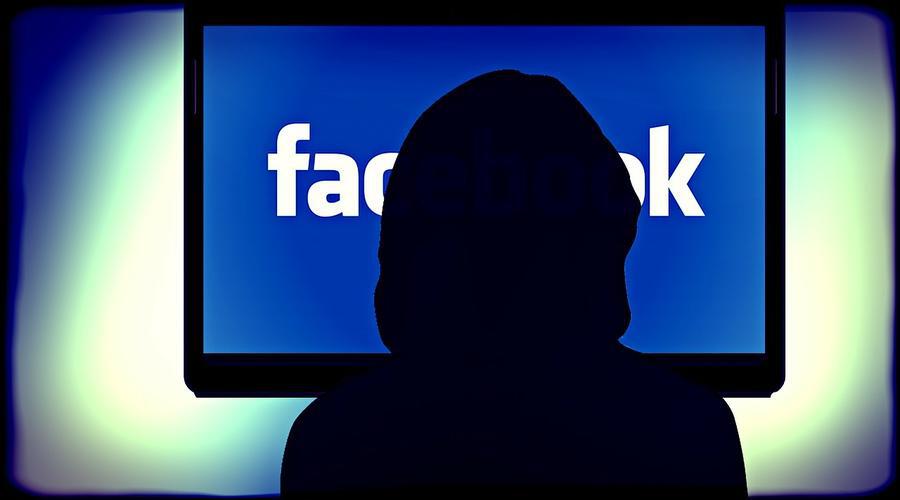
This is a very handy feature to have but linking your Facebook account to your Twitter account could make it incredibly easy for hackers to gain access to your social accounts. So make sure they aren't linked up unless you want the hackers to run riot.
Tip #5 – Avoid public WiFi
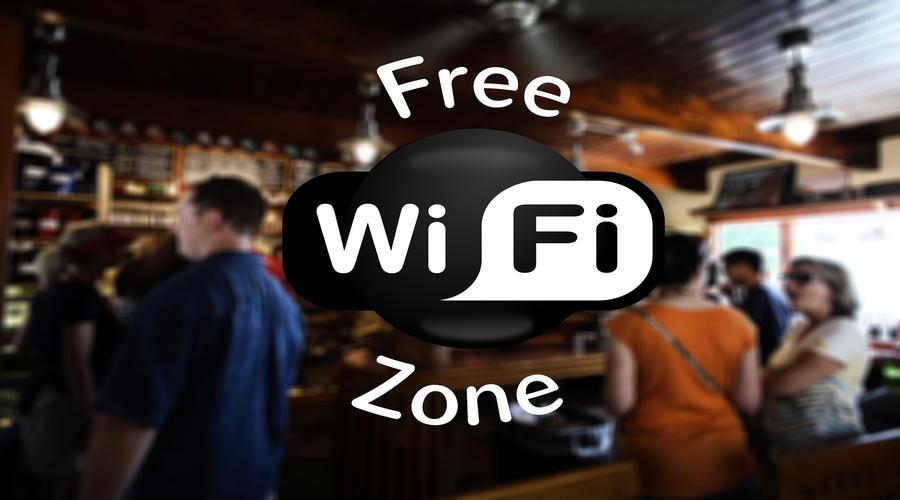
Public WiFi is ace. It's generally free and it stops you eating into your data plan but it can put you under the threat of a virus or malware and hackers can potentially listen to your traffic going across the network. If you do go on public WiFi then make sure you the websites that you visit are secure and have OpenSSL enabled. This technology encrypts the traffic between you and another site, meaning no one will be able to snoop on that activity. You’ll know OpenSSL is on when you see "HTTPS" in your browser’s address bar.
So there you go, 5 easy things that you can implement today to keep yourself safe from the hackers. If you like this article, please share with your friends and help keep them safe too or if you have any questions or comments, please feel free to add them below.
